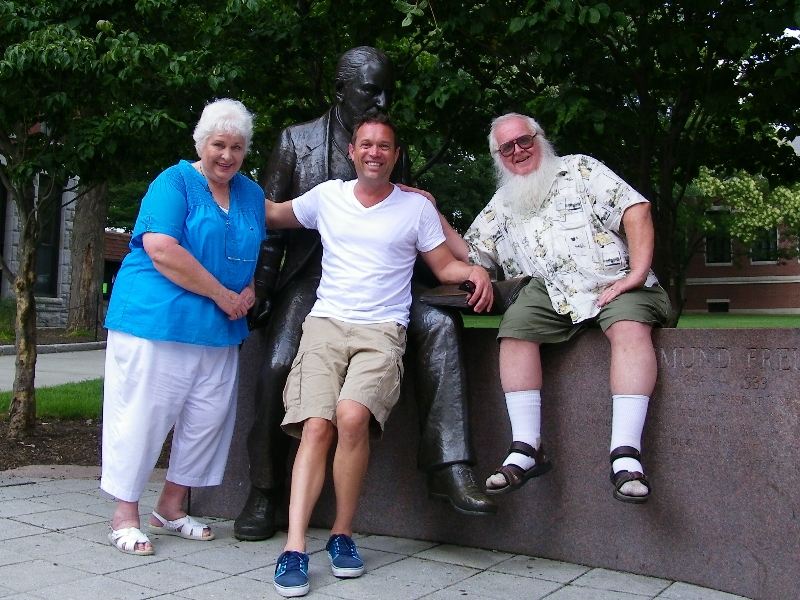
Publications
The emancipation of the flesh: The legacy of romanticism in the homosexual rights movement
Document Type
Article
Abstract
The nineteenth-century German homosexual rights movement adopted the rhetoric of the "emancipation of the flesh," which had its roots in Romanticism. Friedrich Schlegel's Lucinde (1799) promoted the emancipation of the flesh by calling for a strong female sexuality that would help overcome the tyranny of the conventional bourgeois family. Karl Gutzkow's controversial novel Wally (1835) harked back to Schlegel as it championed the emancipation of Jews as well as women. Heinrich Hössli, author of Eros, the two-volume apology for male-male love that appeared in 1836 and 1838, clearly read the journals in which the controversies about Wally played out. He and subsequent activists in the homosexual rights movement, particularly Karl Heinrich Ulrichs, drew on these radical Romantic calls for sexual emancipation. Copyright © Michael Eberle-Sinatra 2004-2005 - All rights reserved.
Link to Full-Text will bring you to the open access work.
Publication Title
Romanticism on the Net
Publication Date
1-1-2004
Issue
36-37
ISSN
1467-1255
DOI
10.7202/011143ar
Keywords
German literature, Friedrich von Schlegel, Lucinde, social change, emancipation, Romanticism; sexual beliefs, homosexual rights movement, Karl Ferdinand Gutzkow, Wally, die Zweiflerin, Heinrich Hössli, Eros, Karl Heinrich Ulrichs
Repository Citation
Tobin, Robert D., "The emancipation of the flesh: The legacy of romanticism in the homosexual rights movement" (2004). Publications. 17.
https://commons.clarku.edu/tobinpub/17


